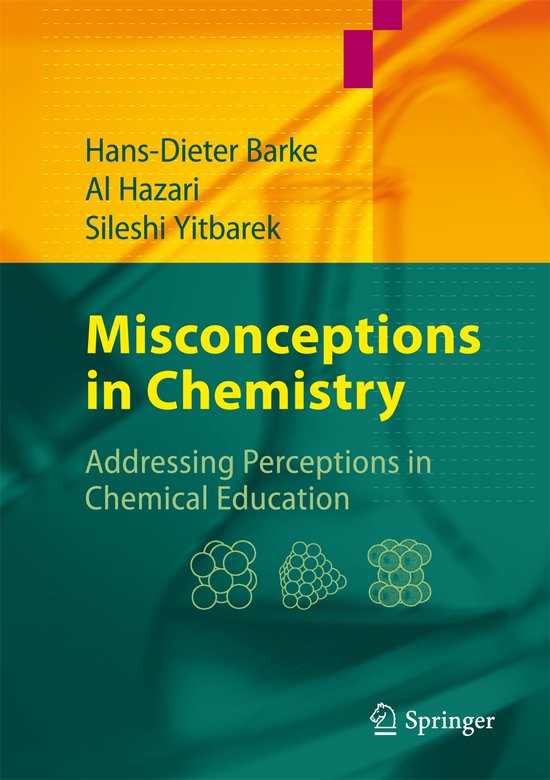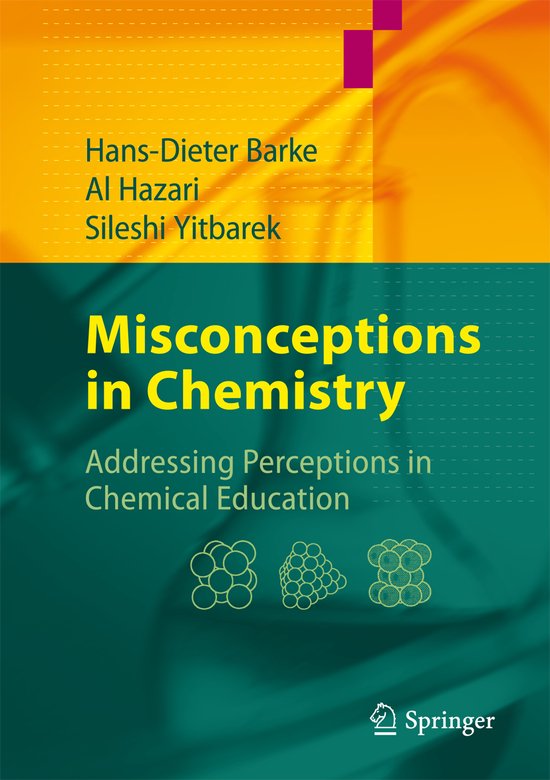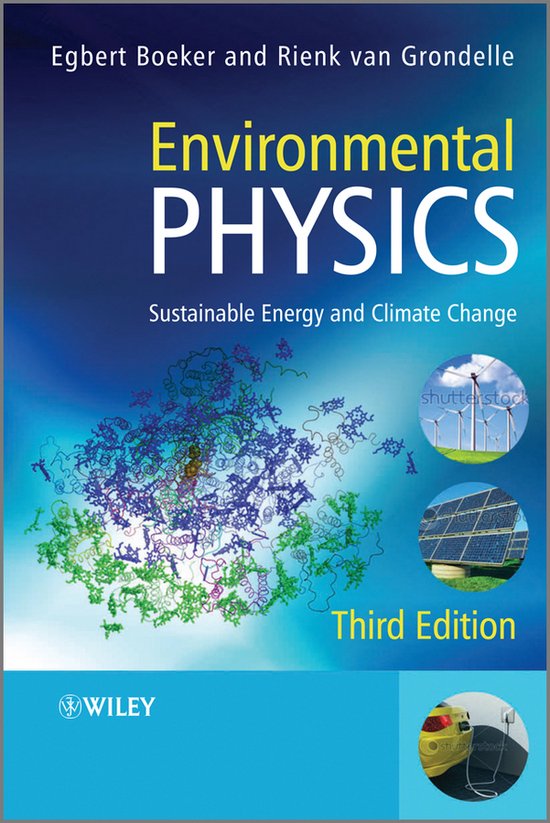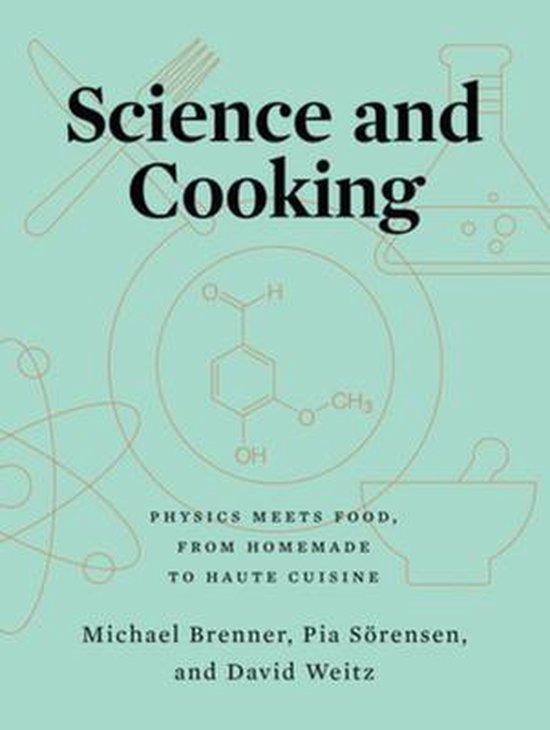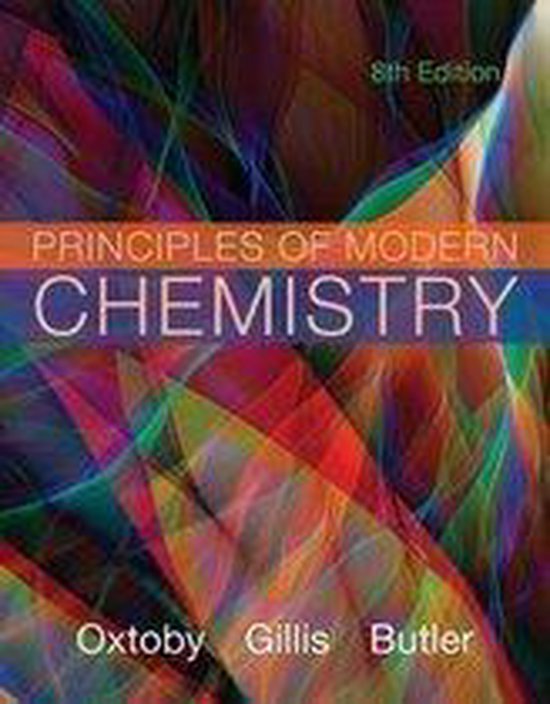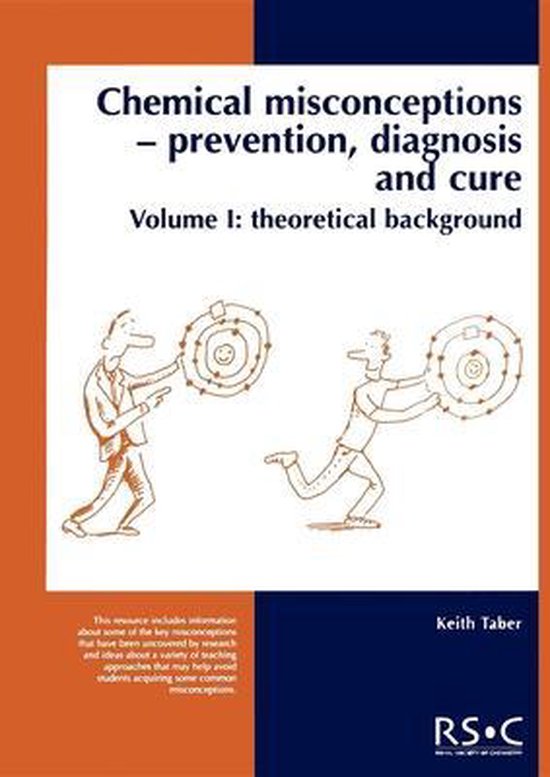
Chemical Misconceptions
Part 1 deals with the theory of misconceptions, by including information on some of the key alternative conceptions that have been uncovered by research.
Chemistry is a conceptual subject and, in order to explain many of these concepts, teachers use models to describe and explain the microscopic world and relate it to the macroscopic properties of matter. Research has shown that as students progress in chemistry the models they experience change and many contradict students' specific everyday experiences and use of language. Students' alternative conceptions in chemistry should be taken seriously. This publication has been designed to help tackle the issue in the classroom. In this resource you will find: - information about some of the key alternative conceptions that have been uncovered by research; - ideas about a variety of teaching approaches that may help avoid students acquiring some common alternative conceptions; and - general ideas about helping your students to develop appropriate scientific conceptions It is hoped that teachers will see the benefit of following a constructivist approach and will find that the student material in the companion volume leads their students to a good theoretical underpinning of the fundamentals of chemistry. All the material and activities have been compiled by Keith Taber, the Royal Society of Chemistry Teacher Fellow 2000-2001, and have been trialled in schools where they have worked in a classroom setting.
Chemistry is a conceptual subject and, in order to explain many of the concepts, teachers use models to describe the microscopic world and relate it to the macroscopic properties of matter. This can lead to problems, as a student's every-day experiences of the world and use of language can contradict the ideas put forward in chemical science. These titles have been designed to help tackle this issue of misconceptions. Part 1 deals with the theory, by including information on some of the key alternative conceptions that have been uncovered by research; ideas about a variety of teaching approaches that may prevent students acquiring some common alternative conceptions; and general ideas for assisting students with the development of appropriate scientific conceptions. Part 2 provides strategies for dealing with some of the misconceptions that students have, by including ready to use classroom resources including copies of probes that can be used to identify ideas held by students; some specific exercises aimed at challenging some of the alternative ideas; and classroom activities that will help students to construct the chemical concepts required by the curriculum. Used together, these two books will provide a good theoretical underpinning of the fundamentals of chemistry. Trialled in schools throughout the UK, they are suitable for teaching ages 11-18.
| Auteur | | K Taber |
| Taal | | Engels |
| Type | | Paperback |
| Categorie | | Wetenschap & Natuur |
